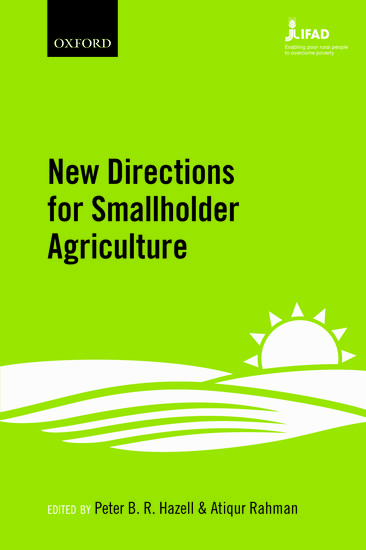Martin Luther, music, and the Seven Liberal Arts
By The Very Revd Dr Andreas Loewe
It was the German reformer Martin Luther who famously said that ‘music was next to theology’. Why did Luther claim that music was ‘next’ to theology, and what did he mean? In the past, scholars have explained that music had a unique capacity to touch the human heart in a way that the spoken word, or other sounds may not do.










